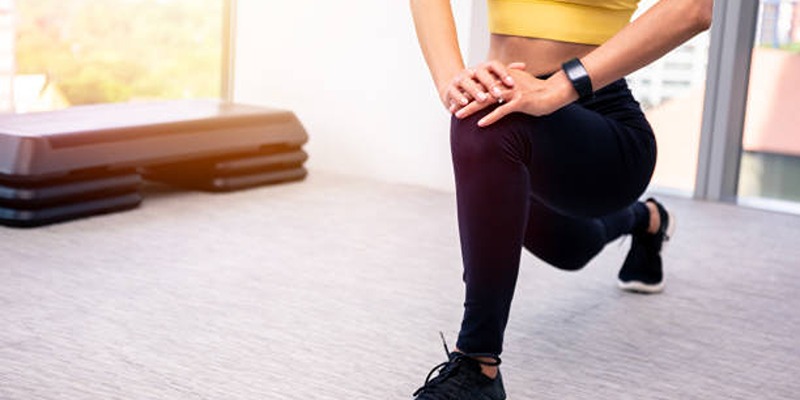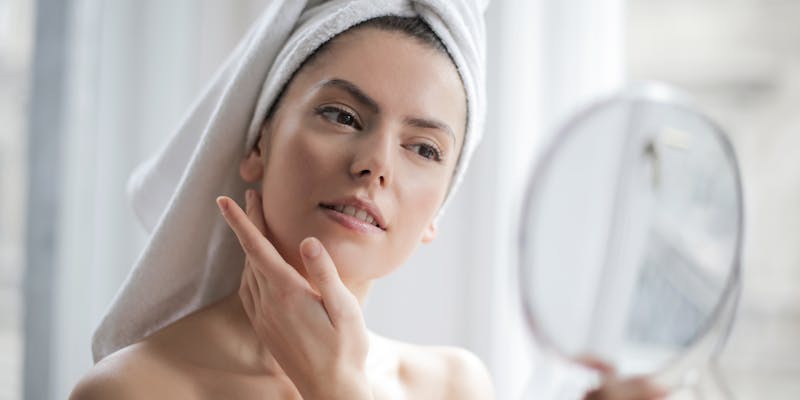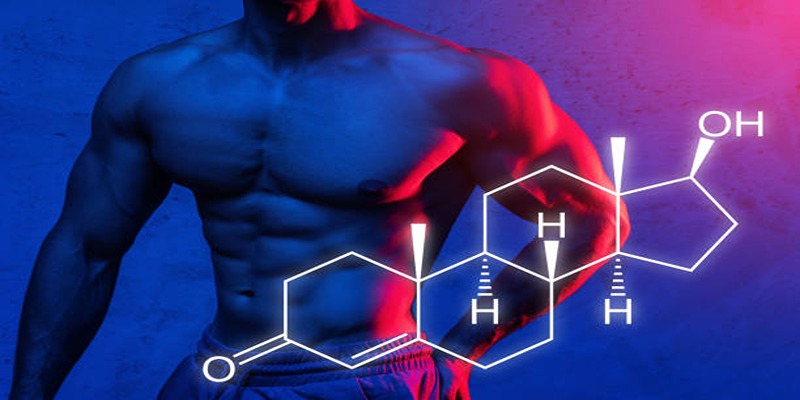In the vast landscape of skincare ingredients, there's a constant quest for innovative compounds that deliver effective results without causing irritation or harm to the skin. One such compound that has been gaining attention in recent years is Lipohydroxy Acid (LHA). Derived from salicylic acid, LHA boasts unique properties that make it a promising addition to skincare formulations. But what exactly is LHA, and how does it work to improve skin health? Let's delve into the science behind this intriguing ingredient.
Understanding Lipohydroxy Acid (LHA)
Lipohydroxy Acid, often abbreviated as LHA, is a derivative of salicylic acid. This beta hydroxy acid (BHA) shares similar properties with its parent compound but with some distinct differences that set it apart. The primary dissimilarity lies in its molecular structure and size. LHA molecules are larger and have a lipophilic (oil-attracting) tail, which enables them to penetrate the skin more gradually and deeply compared to traditional salicylic acid.
How Does Lipohydroxy Acid Work?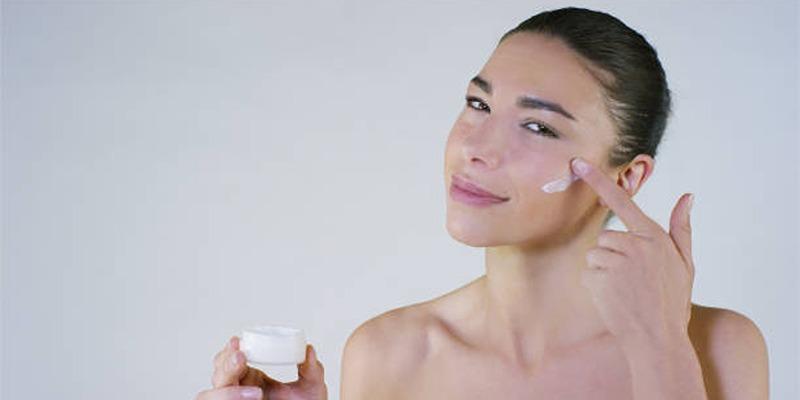
Exfoliation:
Similar to salicylic acid, LHA exfoliates the skin by breaking down the bonds between dead skin cells, facilitating their shedding process. By promoting the removal of these cells, LHA aids in unclogging pores, decreasing the likelihood of acne breakouts, and enhancing overall skin smoothness and clarity.
Penetration:
LHA's lipophilic properties enable it to penetrate the skin more deeply, targeting underlying issues like excess sebum production and inflammation. This enhanced penetration results in sustained exfoliation benefits, ensuring a lasting impact on skin texture and appearance.
Gentleness:
A distinguishing feature of LHA compared to conventional salicylic acid is its gentle nature. Its gradual penetration and mild exfoliating action make it well-suited for individuals with sensitive or reactive skin, minimizing the risk of irritation or dryness commonly associated with exfoliating acids.
Anti-inflammatory Properties:
LHA possesses anti-inflammatory attributes that can soothe redness and irritation linked to skin conditions such as acne. By reducing inflammation, LHA contributes to a more even complexion and supports skin health.
Targeted Action:
Beyond its surface exfoliation benefits, LHA's ability to penetrate pores and dissolve impurities makes it an effective solution for acne-prone skin. Its lipid-soluble nature allows it to address excess sebum and debris within the pores, aiding in the prevention of breakouts and promoting clearer, healthier skin.
Benefits of Lipohydroxy Acid
- Acne Treatment: LHA (Lipohydroxy Acid) stands out for its remarkable efficacy in combatting acne, thanks to its dual action of exfoliation and pore cleansing. This powerhouse ingredient not only targets existing blackheads and whiteheads but also acts preventatively to thwart the formation of new acne lesions.
- Improved Texture: Consistent use of LHA can result in a significant enhancement of skin texture. Through its mechanism of sloughing off dead skin cells and encouraging cell renewal, LHA unveils a smoother, more refined complexion that exudes vitality and health.
- Reduced Pore Size: LHA's exceptional ability to clear out congested pores and purify the skin can visibly minimize pore size, bestowing a more polished and flawless look to the skin's surface.
- Gentle Exfoliation: Unlike harsh exfoliants that may irritate the skin, LHA provides a gentle yet effective exfoliation experience, making it a suitable choice for daily use, including for individuals with sensitive skin.
- Anti-aging Benefits: Beyond its prowess in addressing acne concerns, LHA's role in promoting cell turnover and collagen synthesis can work wonders in combating fine lines and wrinkles, fostering a rejuvenated and youthful complexion that radiates a timeless beauty.
How to Incorporate Lipohydroxy Acid Into Your Skincare Routine?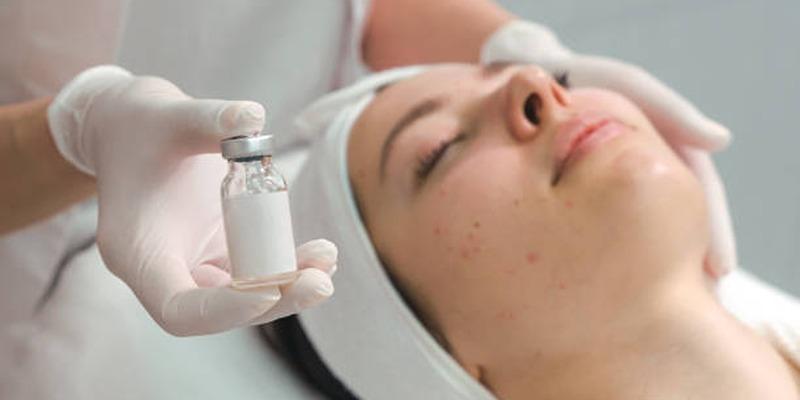
LHA can be found in various skincare products, including cleansers, toners, serums, and spot treatments. When incorporating LHA into your skincare routine, consider the following tips:
- Gradual Start for Newcomers: If you're just starting with LHA or have sensitive skin, it's advisable to begin with products containing lower LHA concentrations. Slowly increase the frequency or potency as your skin becomes accustomed to it for a smoother transition.
- Prioritize Patch Testing: Before applying LHA products all over your face, conduct a patch test on a small skin area. This precaution ensures you avoid any unexpected reactions, allowing you to proceed confidently with your skincare routine.
- Adhere to Usage Instructions: It's crucial to follow the manufacturer's guidelines diligently. This includes the recommended frequency of product application and the specified intervals between steps. Consistency in following these directions can optimize the effectiveness of your skincare regimen.
- Sun Protection Synergy: Given that exfoliating agents like LHA heighten skin sensitivity to sunlight, integrating a broad-spectrum sunscreen with an SPF of 30 or higher into your daytime routine is vital. Shielding your skin from UV damage is key to maintaining its health and appearance.
- Enhance with Complementary Ingredients: To elevate the benefits of LHA and target various skin concerns simultaneously, consider combining it with other skincare components like niacinamide, hyaluronic acid, or retinol. This synergistic approach can amplify the efficacy of your skincare routine for comprehensive skin nourishment and enhancement.
Conclusion
Lipohydroxy Acid (LHA) represents a promising advancement in skincare technology, offering gentle yet effective exfoliation and pore-cleansing properties. Derived from salicylic acid, LHA penetrates the skin more gradually, making it suitable for individuals with sensitive skin or those prone to irritation. By incorporating LHA into your skincare routine, you can experience improved skin texture, reduced acne breakouts, and a clearer, more radiant complexion. However, as with any skincare ingredient, it's essential to patch test and follow usage instructions to minimize the risk of adverse reactions. With consistent use and proper precautions, LHA can be a valuable addition to your quest for healthy, glowing skin.

